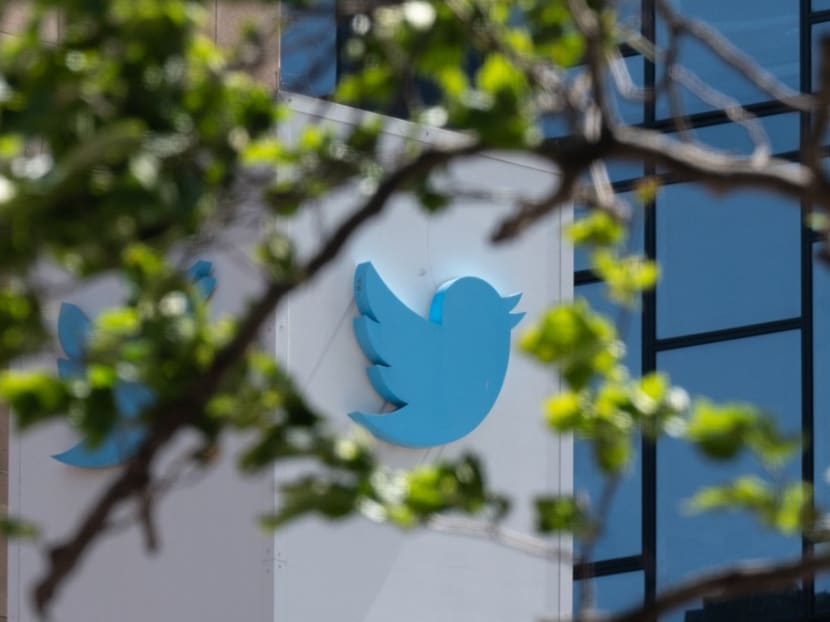Commentary: Is it time to leave Twitter for Mastodon, an open-source social network?
Like most Twitter users, I have no plans to flounce off the platform if Elon Musk’s US$44 billion deal is successful. But it seems like a good idea to prepare for change.

The author said that she has spent the past few weeks on an open-source, decentralised social network called Mastodon.
Like most Twitter users, I have no plans to flounce off the platform if Elon Musk’s US$44 billion deal is successful. But it seems like a good idea to prepare for change.
Mr Musk thinks Twitter should open source its algorithms. Co‑founder Jack Dorsey, who calls Mr Musk the singular solution to Twitter’s problems, believes in decentralising social media altogether.
In an effort to understand what they’re talking about, I have spent the past few weeks on an open-source, decentralised social network called Mastodon.
I’m not alone. When Mr Musk announced the Twitter deal, Mastodon gained more than 30,000 new users in a single day.
Mastodon, or “Twitter without the Nazis” as Vice magazine put it, was founded in 2016 by a German developer named Eugen Rochko.
He wanted to create social media that was not just driven by profit. It takes some getting used to.
Like Twitter, you can make a profile, post messages and follow other users. But there is no one company running the show, collecting data or selling advertising.
Mastodon is a non-profit organisation with software that can be used to set up social networks. These are run on different servers by administrators who can set their own rules.
After watching the “What is Mastodon” video, I went to sign up and immediately hit a brick wall.
To join Mastodon, you need to join a server. But how do you choose one? It took more googling to find that Mastodon.social is a general purpose server suitable for newbies and run by Mastodon itself.
Things have a familiar Twitter-ish look, with a box to write in and suggestions of accounts to follow.
The timeline shows a stream of memes, posts about cats and commentary on news stories, although I missed seeing the names I follow on other social media.
You can follow users on other servers and take your account to a new server, but you can’t join two servers at the same time.
Does that sound complicated? After years of being having my hand held by Twitter and Facebook, it is a bit.
In an interview last year, Mastodon developer Rochko described it as a return to what the internet used to be, when bulletin boards were popular.
That helped me to get my head around it.
Complexity can sometimes be a selling point. Snapchat gained kudos with young users because adults found it confusing.
But to master a new platform, you require an incentive: On Snapchat it’s seeing content from your friends.
On Twitter or Instagram, there is also the chance to see posts by well-known figures or a topic that interests you.
Mastodon is much smaller, meaning it does not have the same pull.
For those who find the concept overwhelming but fancy testing out a new social media platform, there is a simpler alternative in the French app BeReal.
Created in late 2019, it sells itself as a way to share your life with friends, free from artifice.
Every day, at a different time, the app sends you a notification to take a photo using your front and rear camera simultaneously.
Just one post per day, no filters and only two minutes to compose the shot. You cannot see anyone else’s photos until you share your own.
BeReal has been hailed as the anti-Instagram. It has climbed to the top of the free app charts in the United States this year (some of that popularity, as Tech Crunch points out, comes from paying university students to refer friends).
Unfortunately, I will never know what BeReal is like because some combination of decorum and vanity put me off the idea of posting daily selfies.
I’ll wait and see what happens to Twitter instead. FINANCIAL TIMES
ABOUT THE AUTHOR:
Elaine Moore is the deputy editor of Financial Times’ business and finance Lex column.






